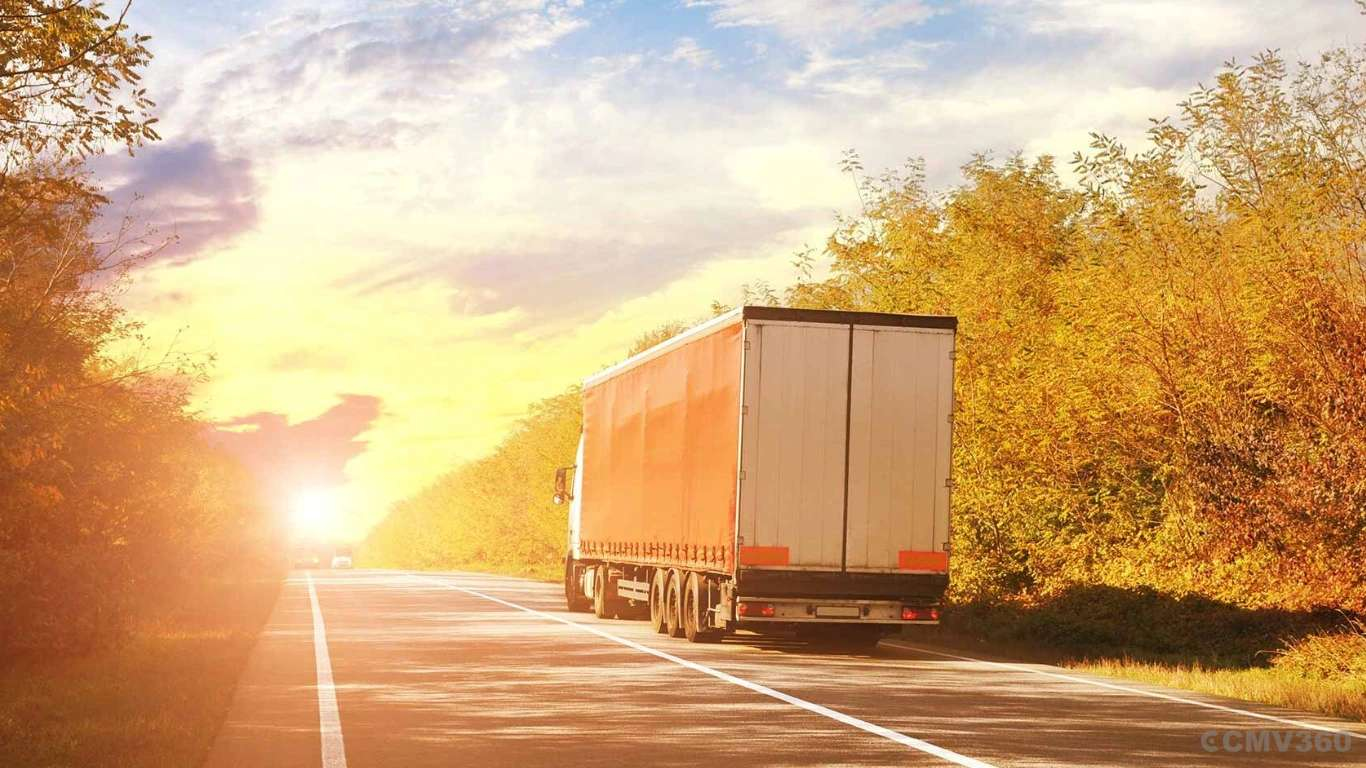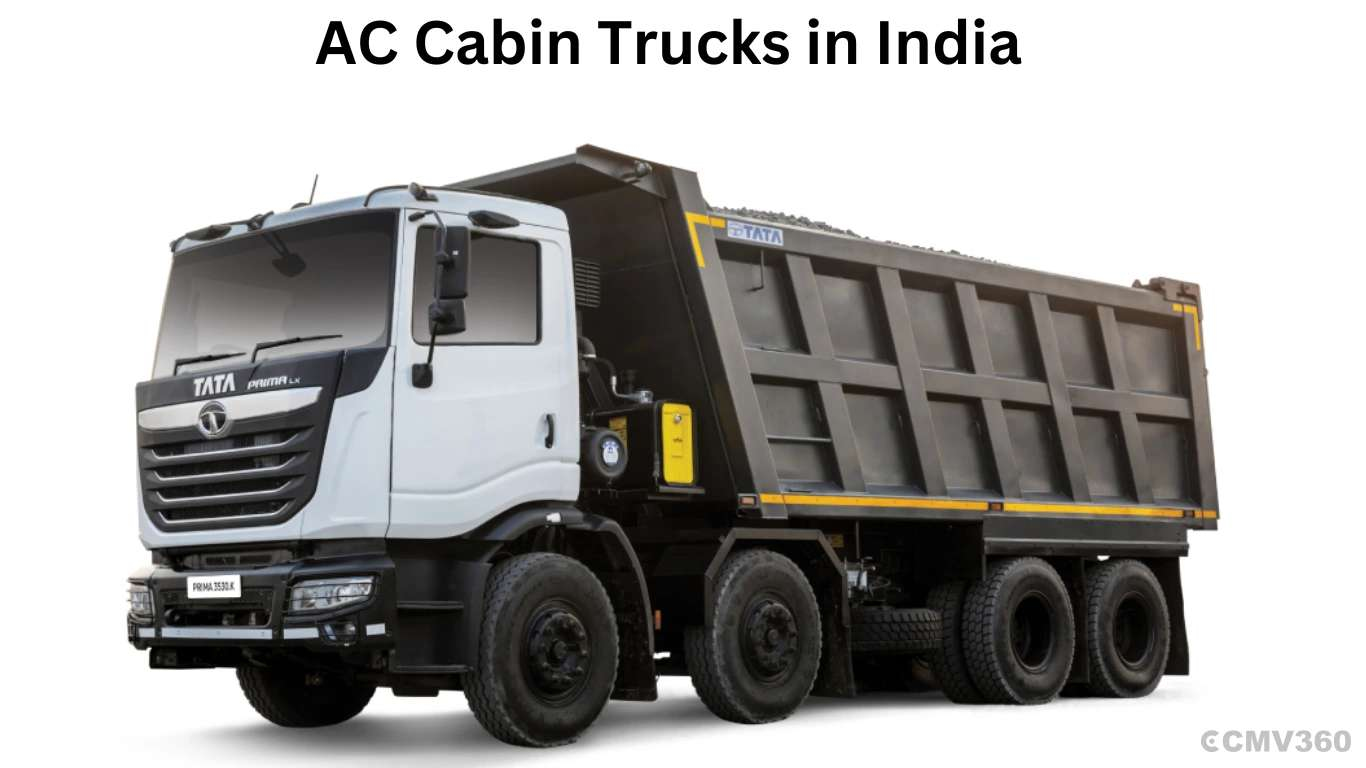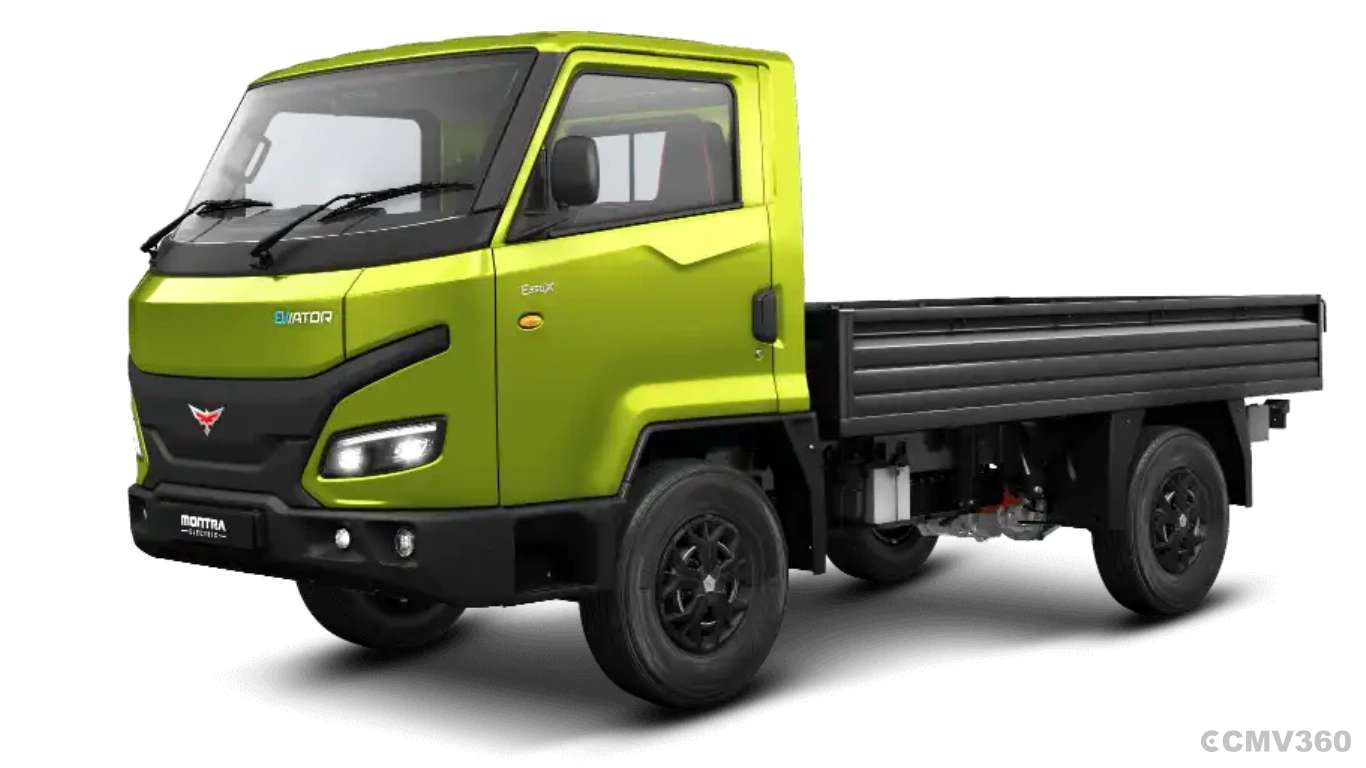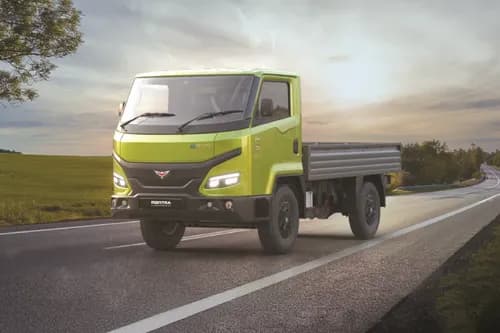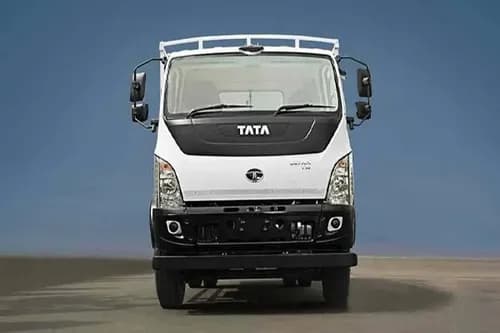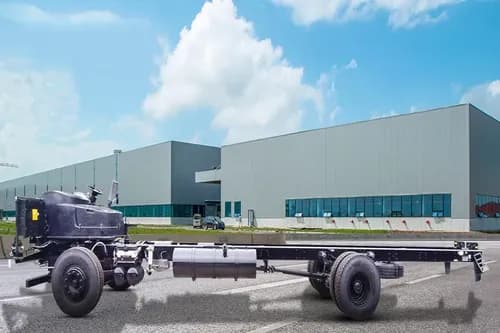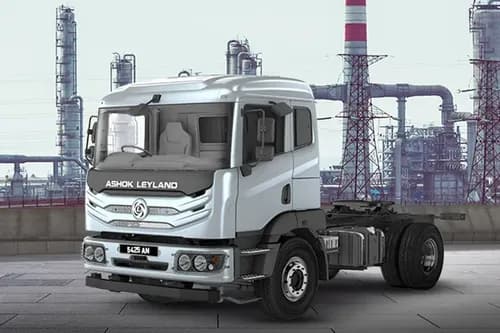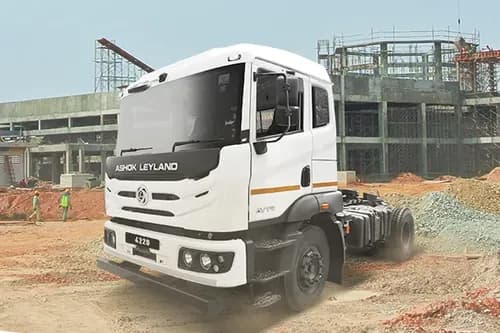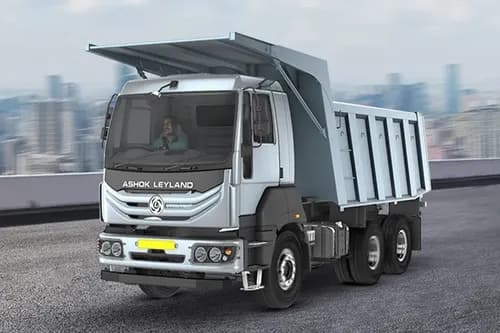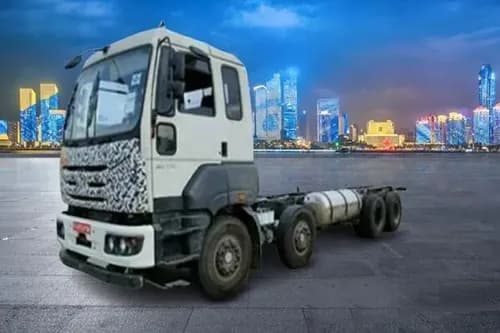Ad
Ad
India’s Transition: From FASTag to GPS-Based Toll Collection
Experience the future of toll collection in India! Say goodbye to FASTag and hello to GPS-based toll collection starting April 2024.
 The Government of India has announced its decision to phase out FASTag and introduce a new toll system based on GPS navigation.
The Government of India has announced its decision to phase out FASTag and introduce a new toll system based on GPS navigation.
Travelling long distances often involves passing through toll plazas where drivers are required to pay toll tax. At first, paying tolls meant waiting in big lines and using cash at toll booths, which was a hassle. To fix this, the government brought in FASTag, making toll payments faster and easier for drivers, and saving them time and money. But now, there's a new toll system coming soon that aims to make things even better, promising to be even more convenient and efficient.
Recently, the Government of India has announced its decision to phase out FASTag and introduce a new toll system based on GPS navigation. This move aims to simplify toll payments for the public while also bringing several benefits to the government.
The new toll system will utilize GPS navigation technology to facilitate toll payments. Instead of toll booths, toll amounts will be deducted directly from the driver's or vehicle owner's account through GPS tracking.
The Current Scenario
Before the introduction of FASTag, toll payments were made in cash at toll booths, leading to long queues and inconvenience for travellers. FASTag was introduced to streamline this process, allowing drivers to make toll payments electronically and avoid queues.
New Toll System
The government’s new initiative involves a GPS-based toll collection system, aiming to eliminate long queues at toll booths. Here’s how it will work:
- GPS Monitoring: Vehicles will be tracked through GPS antennas installed in them.
- Automatic Deductions: Toll amounts will be automatically calculated based on predetermined rates and travel distance.
- Cost Savings: The system aims to eliminate the need for toll booths, reducing infrastructure costs for the government and streamlining toll collection processes.
- Number Plate Surveillance: Cameras equipped with number plate recognition technology will monitor vehicles. Toll charges will be determined based on travelled routes and time.
Key Advantages of the GPS Toll System
The introduction of this system marks a significant step towards streamlining toll collection processes:
- Queue Elimination: With the GPS-based system, vehicles won’t need to stop at toll booths, eliminating long queues.
- Efficiency: Vehicles should spend no more than 10 seconds at toll booths, as per NHAI regulations.
- Fairness: Toll charges will be based on actual usage, ensuring fairness for all drivers.
- Complaint Resolution: If drivers encounter issues or are wrongly charged toll fees, they can contact NHAI’s helpline for assistance.
- Convenience: Drivers will experience smoother and faster toll payments, enhancing their overall travel experience.
Also Read: New FASTag Rules and Regulations You Should Be Aware Of
What is FASTag?
FASTag is an electronic toll collection system used at highway toll plazas in India. It offers a streamlined process for toll payments, enhancing efficiency and convenience for commuters.
A FASTag is a sticker tag that uses Radio Frequency Identification (RFID) technology to make electronic toll payments at toll booths. In 2017, the Ministry of Road Transport and Highways implemented FASTag in India.
Here's an overview of what FASTag entails:
Electronic Toll Collection: FASTag operates through Radio Frequency Identification (RFID) technology, which enables automatic deduction of toll charges as vehicles pass through toll booths. This eliminates the need for cash transactions and manual toll-collection processes.
Time and Cost Savings: By automating toll payments, FASTag significantly reduces waiting times at toll plazas, thereby saving time for commuters. It also eliminates the hassle of carrying cash or searching for exact change, making travel more convenient.
Safety and Efficiency: FASTag promotes safety on highways by minimizing the need for vehicles to stop at toll booths, thus reducing the risk of accidents and traffic congestion. The system ensures a smoother flow of traffic, enhancing overall road efficiency.
Recharge Options: Users can recharge their FASTag accounts through various channels, including online portals, mobile apps, and bank branches. This flexibility allows users to maintain sufficient funds in their accounts for seamless toll payments.
Government Mandate: The Indian government has made FASTag mandatory for all vehicles passing through toll plazas on national highways, encouraging widespread adoption of the system. This initiative aims to modernize toll collection processes and promote digital payments.
While FASTag has revolutionized toll collection in India, there are ongoing efforts to explore alternative technologies such as GPS-based toll collection systems. These systems leverage GPS technology to track vehicles' movements and deduct toll charges based on distance travelled.
While still in development, GPS toll collection systems hold the potential to further streamline toll payments and enhance the travel experience for commuters.
Benefits of GPS-Based Toll Collection
Toll collection through GPS presents several advantages over traditional methods like Fastag, particularly in terms of accuracy, efficiency, and convenience. One of the primary benefits of GPS-based toll collection is its ability to prevent incorrect charges.
Instances of double deductions or erroneous transactions, which are not uncommon with Fastag, can be significantly reduced with GPS technology. This reliability ensures a fair and transparent toll payment process for vehicle owners.
Transport Minister Shri Nitin Gadkari's announcement regarding the nationwide implementation of GPS-based toll collection further underscores its potential to revolutionize toll management. By eliminating the need for physical toll booths, this system streamlines the toll collection process, reducing traffic congestion, and enhancing overall travel efficiency.
This shift towards a booth-less system not only saves time for commuters but also minimizes the infrastructure costs associated with toll plaza maintenance.
Moreover, GPS-based toll collection offers significant advantages in remote areas where setting up fixed toll booths might not be feasible or cost-effective. By leveraging GPS technology, toll collection can be seamlessly integrated into these regions, ensuring equitable access to transportation infrastructure.
Beyond toll collection, GPS technology facilitates vehicle tracking, traffic management, and crime prevention. With a comprehensive database of GPS-tracked vehicles, authorities can better monitor traffic flow, optimize road networks, and enhance overall public safety.
This data-driven approach empowers administrative officers with valuable insights to make informed decisions regarding urban planning, law enforcement, and emergency response.
In essence, the adoption of GPS-based toll collection represents a significant step forward in modernizing transportation infrastructure. By harnessing the power of GPS technology, governments can create a more efficient, transparent, and secure toll collection system that benefits both commuters and authorities alike.
Also Read: Highway Hero Scheme: Enhancing Comfort and Safety for Truck Drivers
Transition Timeline
Transport Minister Shri Nitin Gadkari has announced plans to implement the GPS-based toll collection system next month. This transition away from FASTag signifies a significant shift in toll collection methods, promising greater efficiency and fairness for drivers nationwide.
Starting from April 2024, India will shift from FASTag to GPS-based toll collection, promising commuters a smoother journey on highways. With this transition, travellers can expect uninterrupted trips and fairer toll payments, ensuring a hassle-free experience for all.
Implementing GPS-based toll collection nationwide presents significant challenges. Firstly, establishing the necessary infrastructure for satellite tracking and data processing on a country-wide scale is a difficult task.
Secondly, there are privacy concerns associated with GPS-based tracking, as it involves monitoring entire journeys. It's essential to address these concerns by implementing robust data protection measures.
In summary, the new toll system aims to eliminate toll booths, revolutionizing toll collection processes across the country. Drivers can look forward to smoother journeys and reduced waiting times at toll plazas.
Features & Articles
Summer Truck Maintenance Guide in India
This article provides a simple and easy-to-follow summer truck maintenance guide for Indian roads. These tips ensure that your truck remains reliable and efficient during...
04-Apr-25 01:18 PM
Read Full NewsAC Cabin Trucks in India 2025: Merits, Demerits, and Top 5 Models Explained
From 1st October 2025, all new medium and heavy trucks must have air-conditioned (AC) cabins. In this article, we will discuss why every truck should have an AC cabin, it...
25-Mar-25 07:19 AM
Read Full NewsBenefits of Buying Montra Eviator In India
Discover the benefits of buying the Montra Eviator electric LCV in India. With best performance, long range, and advanced features, it's perfect for city transport and la...
17-Mar-25 07:00 AM
Read Full NewsTop 10 Truck Spare Parts Every Owner Should Know
In this article, we discussed the top 10 important truck spare parts every owner should know to keep their truck running smoothly. ...
13-Mar-25 09:52 AM
Read Full NewsTop 5 Maintenance Tips for Buses in India 2025
Operating a bus in India or managing a fleet for your company? Discover the top 5 maintenance tips for buses in India to keep them in top condition, reducing downtime, an...
10-Mar-25 12:18 PM
Read Full NewsHow to Improve Electric Truck Battery Range: Tips & Tricks
In this article, we will explore several tips and tricks to improve the battery range of electric trucks in India....
05-Mar-25 10:37 AM
Read Full NewsAd
Ad
Registered Office Address
Delente Technologies Pvt. Ltd.
M3M Cosmopolitan, 12th Cosmopolitan,
Golf Course Ext Rd, Sector 66, Gurugram, Haryana
pincode - 122002
Join CMV360
Receive pricing updates, buying tips & more!
Follow Us
COMMERCIAL VEHICLE BUYING BECOMES EASY AT CMV360
CMV360 - is a leading commercial vehicle marketplace. We helps consumers to Buy, Finance, Insure and Service their commercial vehicles.
We bring great transparency on pricing, information and comparison of tractors, trucks, buses and three wheelers.
